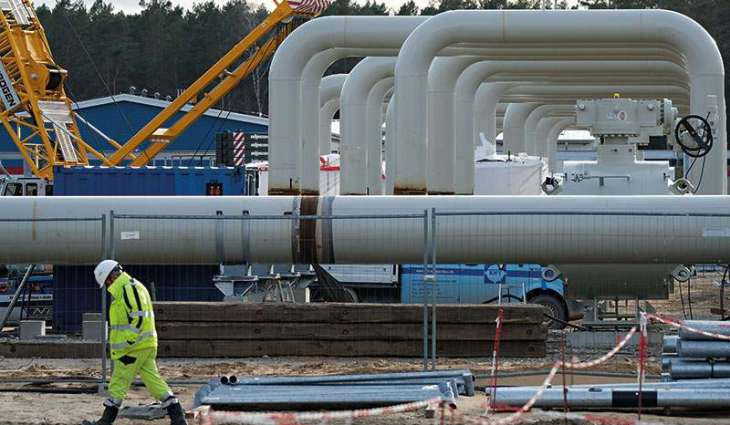Gas flow via Russia's Nord Stream pipeline is unlikely to be interrupted due to changes introduced to the EU Gas Directive, Eurogas Secretary General James Watson said in an interview with Sputnik
BRUSSELS (Pakistan Point News / Sputnik - 02nd October, 2019) Gas flow via Russia's Nord Stream pipeline is unlikely to be interrupted due to changes introduced to the EU Gas Directive, Eurogas Secretary General James Watson said in an interview with Sputnik.
The amended EU Gas Directive entered into force on May 23, and EU member states are yet to transpose the amendments in their legislation. The amendments extend EU principles on tariff regulation, ownership unbundling and transparency to all pipelines entering the bloc from non-EU countries, and may therefore affect both the existing Nord Stream pipeline and the construction of the Nord Stream 2 pipeline for delivering Russian gas to the European Union.
"It is difficult to say. Do I expect one? No. Could one happen? Yes. Is it likely? No. So, I would say chances are very low, but of course anything can happen," Watson said, when asked whether he expected any interruptions of gas flow via the existing Nord Stream, laid from Russia's Vyborg to Germany' Greifswald, because of the application of new rules.
Watson went on to say that he did not see the amendments as "draconian."
"The amendments to Gas Directive are now adopted. And we are satisfied with the outcome. So, I would say, it is not so antibusiness, overly draconian, so in essence it does still allow investments to take place. I think, everyone can live with it," he noted.
Eurogas is an association representing the European gas wholesale, retail and distribution sectors. It was founded in 1990 and is comprised of 47 companies and associations from 21 countries.
The Nord Stream 2 pipeline is a joint venture of Russia's Gazprom and five European companies. The pipeline is expected to be completed by the end of this year and to carry an annual 1.9 trillion cubic feet of natural gas to Europe. Nord Stream 2 is set to pass through the territories of Denmark, Finland, Germany, Russia and Sweden. Denmark remains the only country that has not given its consent to the construction so far.




